 March 1, 2021 At Safe Communities, we hear from many survivors of child sexual abuse (CSA) about providers of mental, dental, and medical care who fall far short of their claims to be “trauma-informed”. It has become so ubiquitous to hang a “trauma-informed” label around a professional practice that one would expect things had improved dramatically. Most CSA survivors are still waiting for that to happen – and in the meantime, often foregoing much needed treatment because the risk of retraumatization by a provider is too high. I am not speaking about the obviously egregious violations such as sexual boundary crossing, but the every-day ways that licensed, credentialed providers fail to meet the basic safety requirements of adult survivors of CSA, who have unique needs that are not addressed by a “one size fits all” approach. What may be trauma-informed treatment for a combat vet, a natural disaster victim, someone who suffered physical abuse in childhood, or even an individual who experiences rape for the first time as an adult does not easily transfer into knowledge about adult survivors of CSA. The Trauma-Informed PA plan Governor Tom Wolf released in 2020 does nothing to address this specific population, but once again sweeps everyone who has suffered various types of childhood trauma into one bucket of what are called Adverse Childhood Experiences. It recognizes the cultural and historical traumas of racism, generations of poverty and other systemic issues but fails to address the systemic intergenerational sexual trauma that impacts one in four girls and one in six boys in childhood, crossing all boundaries of race, economic status, gender or class. Childhood sexual abuse is recognized as a distinct form of maltreatment with unique interpersonal characteristics (e.g., boundary violations, betrayal, sexual traumatization, stigma, secrecy) that result in developmental consequences not associated with other forms of maltreatment. As such, a large body of literature has documented negative psychological outcomes for sexually abused children. There is also evidence that CSA is more strongly linked to later mental health problems than other forms of abuse. Estimates suggest that approximately 37% to 53% of sexually abused children eventually develop PTSD and research shows that most of these kids, when referred to treatment, have experienced partial PTSD symptoms. Sexual abuse has been associated with traumatic reactions that may include re-experiencing the abuse through memories or dreams and actively attempting to avoid situations or stimuli that remind them of the abuse. i These survivors have unique needs for control in relationship and do not fare well under the hierarchical model of many professional practices. In a trauma-informed, provider-patient relationship, Harris and Fallot (2001) point out that leaders must also act to create safety by “eradicating the traditional service relationship that replicates some of the most damaging dynamics of childhood trauma … in that, survivors must often accept an unequal relationship in order to avoid worse treatment”.ii In addition, it is not adequate for a provider within a practice to be trauma-informed if the practice or organization around them is not. A wrong look or insensitive comment – real or imagined – from a receptionist having a bad day, as an example, can derail the treatment process for survivors who quickly move into fight, flight, or freeze mode. Survivors ready for care then interact with a stressed organizational system not prepared to deliver treatment.iii The physical environment itself must be carefully evaluated and adjustments made if a provider is to be trusted by survivors. Waiting areas must be welcoming, soothing, and comfortable - not cold, clinical, and crowded. Survivors describe practices with waiting rooms akin to impersonal airport boarding areas. In fact, the pandemic necessitated six feet of distance between waiting patients has been a real blessing for many survivors, as has Telehealth. Finally, easy trauma triggers like directing a survivor to sit on a chair or lie on a table in a treatment room where they cannot see who is entering through the door, can be avoided. Loud noises such as a dental drill, feeling “trapped” in a closed MRI, or being told to position their body or mouth in some particular way can also be highly problematic for survivors. The touching involved in dental and some medical treatment must be carefully explained before contact is made, consent must be obtained, and the survivor given explicit permission to tell the provider to STOP at any time. Even minor touching such as a pat on the shoulder should be avoided, as should a provider getting in too close of a proximity to a survivor while discussing their needs. Furthermore, a considerable percentage of CSA survivors are highly dissociative. Do not expect them to be able to easily navigate their way through a large complex of parking lots, hallways, and closed doors. Confusion can trigger dissociation, and the adult wandering through your complex may be “seeing” with the eyes of a six-year-old. Provide detailed step-by-step instructions about how to find your office. Do not expect survivors to “remember” what you say as they can be easily overwhelmed by a perceived “powerful” person. Write down important things you would like them to think about for future treatment or discussion. One would think that at least mental heath providers would be relatively equipped to offer a trauma-informed environment and treatment to survivors of CSA. Unfortunately, that is not the case. Very few clinicians have advanced training in treatment of adult survivors of CSA. Those who do are increasingly moving away from taking insurance into cash-pay only. And this problem does not exist simply in small cities or rural communities, but in big metropolises as well. I once searched for days, using all the mental health professional connections I could muster, to find a qualified clinician to treat a friend who was just starting to deal with recognizing that she had been sexually molested as a child. She lived in a community just outside an upscale metropolitan area – and nearly all the clinicians who specialized in treating adult survivors were booked for months ahead or were “cash only” at several hundred dollars per session. Ultimately, I managed to find a skilled provider who was a ‘friend of a friend” who agreed to see her very quickly. While I was relieved for my friend, I again faced the fact that it does quite often take this exhaustive search for a “unicorn” to find good care for a survivor of CSA. Finally, it is worth saying that there are a few providers whose capacity for a non-hierarchical healing relationship with clients is so immense that they can navigate the complex dynamics with CSA survivors even without advanced specialty training. I have been privileged to know a handful in my lifetime, and they are “rare gems.” These are people who can accompany survivors into their horrific memories of childhood sexual abuse time and again without pulling back to save themselves from the pain of hearing the atrocities a human being can inflict on a defenseless child; who articulate a strong and clear advocacy for the survivor that clearly communicates they are on their “side” and are not concerned with ‘fairness’ for the offender; who are willing to stay with the survivor for the long haul – often measured in years of intense and under-reimbursed treatment; who go the extra mile with communication outside office hours when it’s needed while keeping appropriate boundaries in a way that teaches what healthy and flexible boundaries actually are. But it should not take a search for a unicorn or discovery of a rare gem for survivors to feel safe in a provider’s environment and to receive survivor-sensitive care. I call on Governor Wolf to address this critical gap in the 2020 PA Trauma Informed plan, on insurance companies to recognize the need for highly skilled long term affordable treatment, and for all providers to learn what it means to be “trauma informed” for the roughly 25% of your patients who carry the deep and invisible wounds of childhood sexual abuse. We want to hear from you! If you are a survivor, we would love to hear about your personal experiences in trying to access trauma informed care. Please email [email protected] and enter “Trauma Informed Care” in the subject line. We also encourage any provider who wants to learn more about this issue to get in touch. i EmilyTrask, Kate Walsh & David DiLillo (2011) Treatment Effects for Common Outcomes of Child Sexual Abuse - Current Meta-Analysis, Aggression & Violent Behavior ii Jacqueline S. Barnes & Morgan Andrews (2019) Meeting Survivors Where They Are: The Vital Role of Trauma-Informed and Competent Clinicians in Primary Care, Journal of Aggression, Maltreatment & Trauma, 28:5, 601-612, DOI: 10.1080/10926771.2019.15875 iii Ibid
1 Comment
5/24/2022 10:47:55 pm
Very much appreciated. Thank you for this excellent article. Keep posting!
Reply
Leave a Reply. |
|
© Safe Communities. All rights reserved, 2021.
|
subscribe to email updates |

 RSS Feed
RSS Feed
